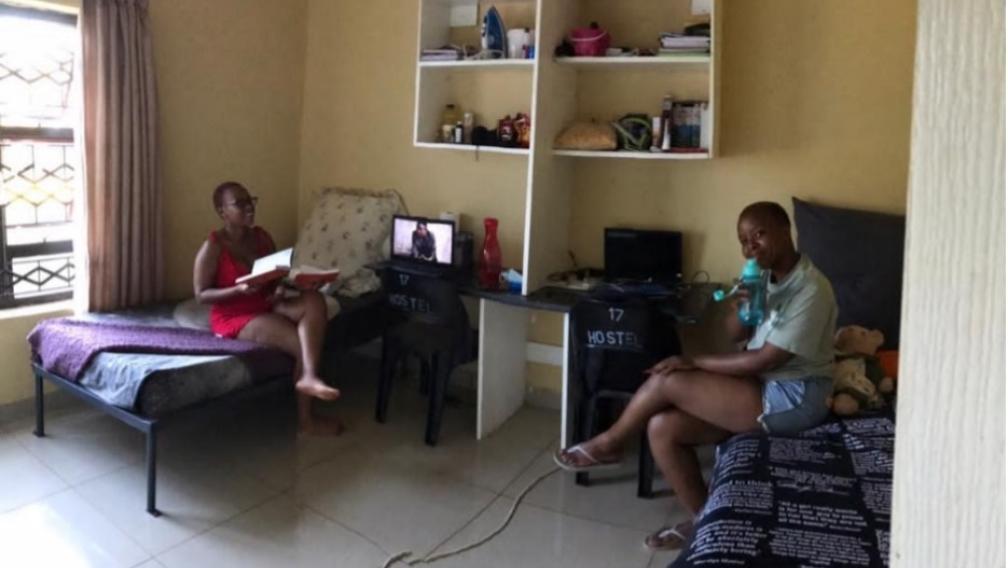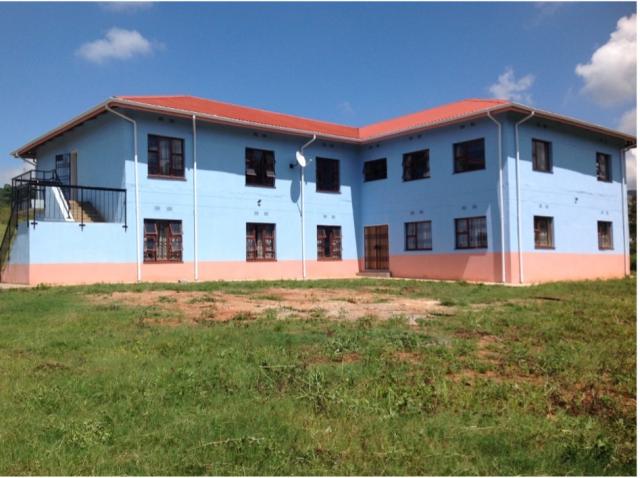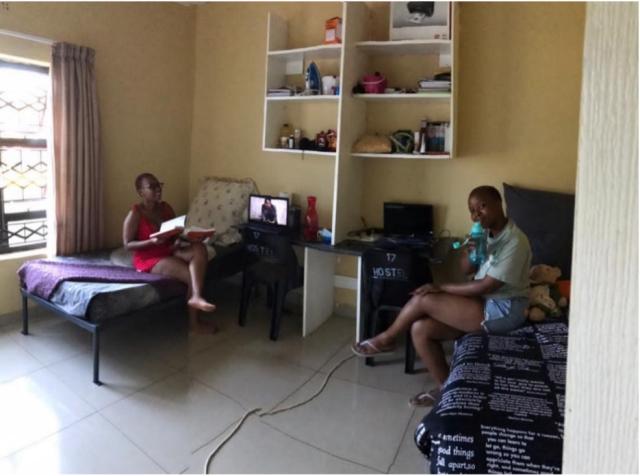The Diocese of Swaziland, in Eswatini, ministers to 90,000 Anglicans in a country facing extraordinary challenges. Eswatini ranks tenth highest in the world in income inequality and has the highest prevalence of HIV/AIDS internationally, at 26 percent of the population. For years, the Anglican Diocese of Swaziland has been at the forefront of the fight against poverty and the HIV/AIDS pandemic, providing ministries in early childhood development, nutrition, and feeding, along with a home-based care program, connecting volunteers with those in need of care.
In 2017, the diocese conducted a feasibility study to consider possible uses for diocesan land within walking distance of the University of Eswatini, Luyengo campus, and validate demand for student housing in the area. An independent consultancy found that the university enrolls an average of 2,010 students annually, but only has enough housing capacity for 704 students, leaving almost two-thirds of the students dependent on alternate housing in private residences that are often not equipped or conducive to living and studying. In 2018, the diocese began construction on the women’s student housing project. The two-story, 1,000-square meter building has 24 double rooms and four single rooms.
With an investment of $350,000 from Trinity Church Wall Street, the diocese was able to open the facility in January 2020 at full capacity before shutting down in March because of the COVID-19 pandemic. The facility reopened in October 2020 and has continued to operate at close to full occupancy. The diocese has instituted COVID-19 protocols to help protect students, including temperatures checks and handwashing stations at the building’s entrance.
Given the significant demand for student housing, the diocese plans to build a second dormitory to double the project’s capacity. Local fundraising campaigns are underway to support the next phase of the project.
The project has a significant social impact in facilitating access to higher education for girls and women. While Eswatini has achieved near gender parity in primary education, there is a significant gap in parity by age 20. Through this project, the diocese hopes to help close that gap. The addition of a second building should also provide economies of scale that will allow the project to increase its net operating income and provide financial support to the diocese’s other ministries.


